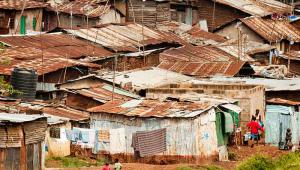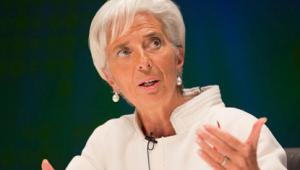On Tuesday, Lagarde said even minor increases in export diversification could help African countries increase GDP growth by up to one percentage point.
During a speech at the Chamber of Commerce in Benin, Lagarde said economic diversification would not only kickstart growth, but also make economies more resilient in the long term.
She said: “Think about it: relying heavily on one sector—be it oil, or an agricultural commodity—means a single shock can devastate an economy, stopping growth in its tracks, causing unemployment to rise and wages to fall, and sapping revenue so that critical public investments go wanting as debt levels rise.”
African countries should also prepare for the influx of young Africans entering the job market in the coming years, and diversification might help with this, she said.
“By 2030, half of the annual increase in the global working age population is expected to come from sub-Saharan African,” she added.
Rwanda, Botswana and Mauritius had successfully diversified their export economies, she said.
“Rwanda has encouraged a rapid shift of employment and output from basic agricultural production to higher-value activity, especially services.
“Botswana has built on its comparative advantage in diamonds by expanding along the value chain into diamond trading, cutting, polishing, and retailing,” she said.
She added that Mauritius had “shifted its focus from single-crop farming in the 1960s to more sophisticated agriculture, and from there to tourism, and to manufacturing and financial services”.
According to the latest figures from the World Bank, Botswana’s unemployment rate is 18.6%, Mauritius is at 7.6% while Rwanda is only 2.4%.
Lagarde said that, while there is “no typical diversification pattern”, diversification “is driven by openness and trade integration, as well as foreign direct investment”.







